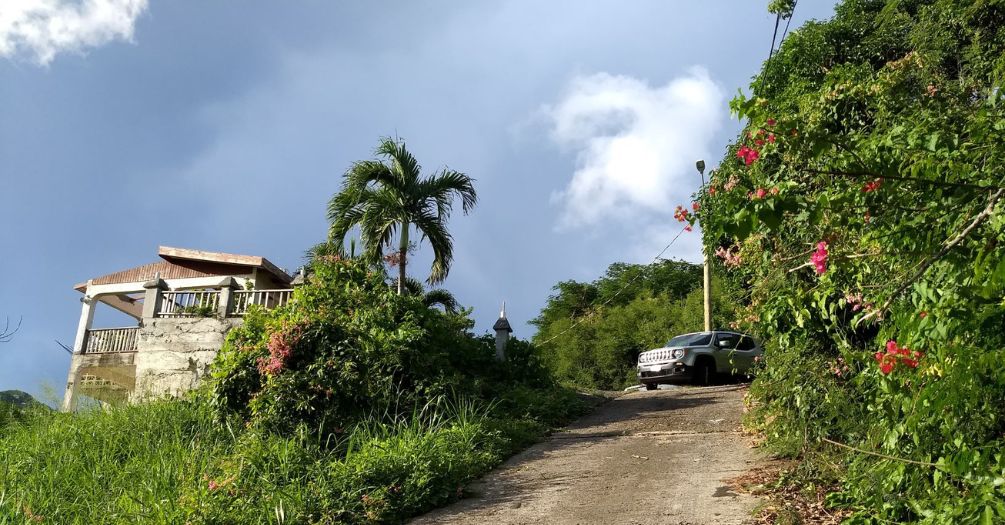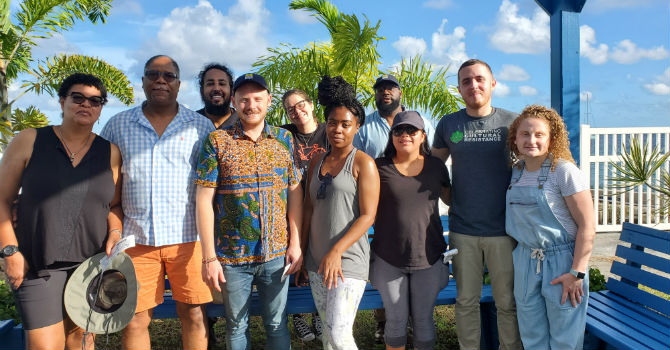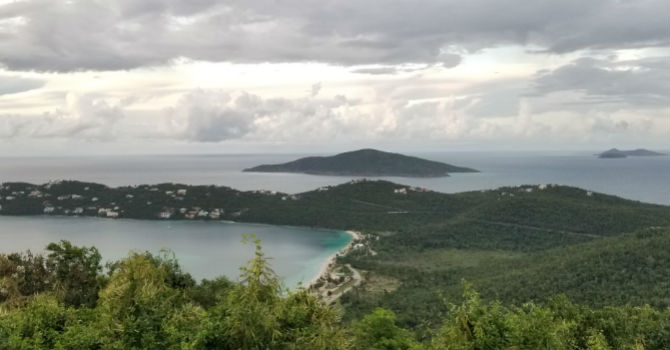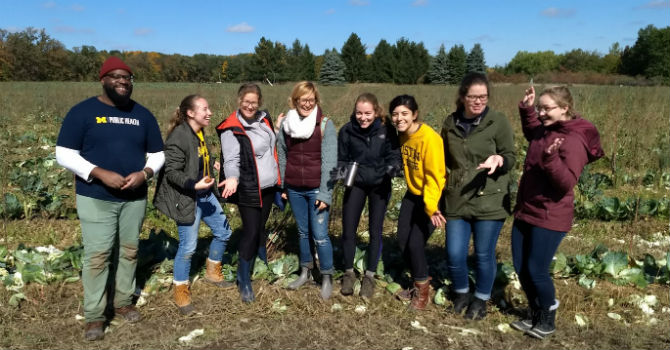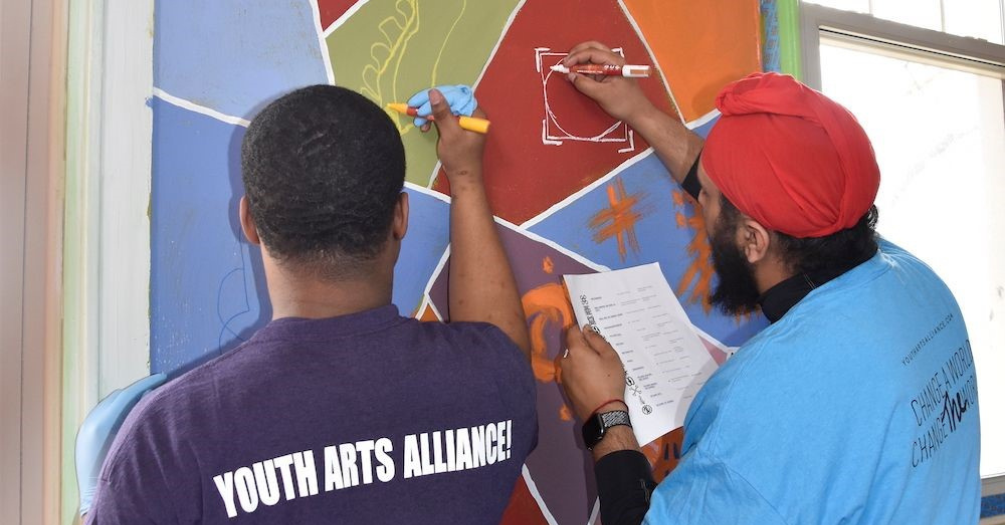A Look Forward
Anna Bowie, HBHE Student
December 4, 2019, Community Partnership, Disaster Relief, Practice
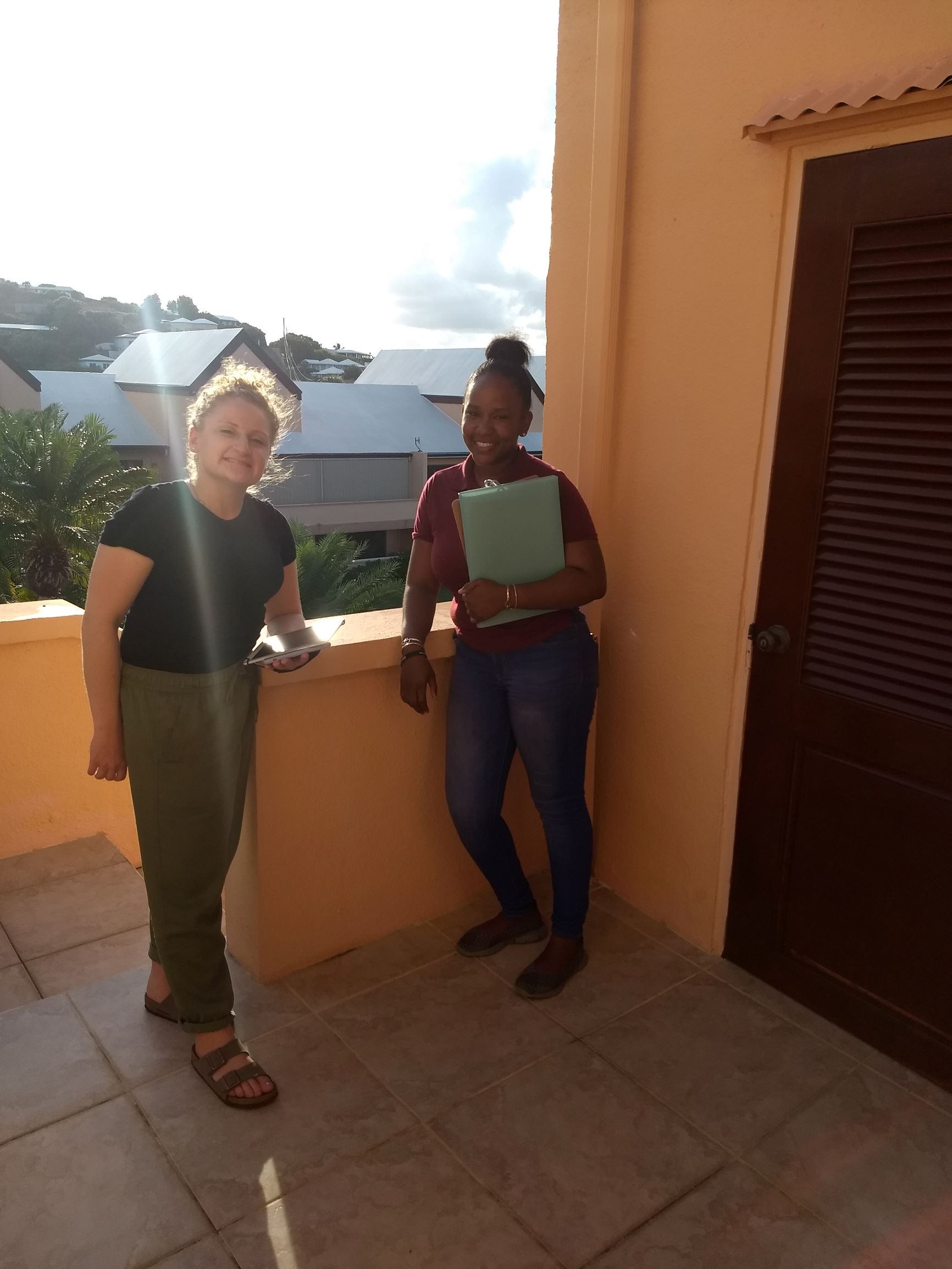
In a short period of two years at the University of Michigan, a large portion of my passion and experiences have been fostered by Public Health Action Support Team. Starting from my initial experiences working with the organization on local projects and broadening roles with my part in the PHAST spring break trip to Hidalgo County, Texas, I have been extremely appreciative for the amazing opportunities that have been able to be a part of in my graduate studies. Reflecting upon my most recent role on the PHAST team in partnership with the CDC in the U.S. Virgin Islands, there has been a tremendous amount I learned and continue to take away.
Over the past week since returning from the U.S. Virgin Islands, its resulting impact on my knowledge of public health, but also my identity being in a different culture has evolved with each moment of reflection. While during group debrief dialogue, we examined areas of improvement of data collection and application, the process has shown to be the greater complexity of survey tools and program evaluation. Like the CDC partners who coordinated the trip and CASPER on all islands said, “this is not a perfect science”. In class, we strive for the perfect sample collection, the most and strongest evidence to support our hypothesis, or the indisputable answers to a research question. However, the world is much messier, with choices made more with subjective than objective decision-making. Despite this greater realization of the difference between knowledge and practice, I was able to apply various skills developed in Survey Methods and Program Evaluation. The purpose of the CASPER survey process emphasizes what we have learned to implement evaluation into all of aspects of a program. The initial CASPER acted as a needs assessment, but further surveying was essential to determine efficacy of hurricane recovery during the process, rather than wasting time and resources by determining what did not work after programming. Additionally, aspects of survey construction were able to be applied when examining the CASPER survey. Overall, the survey sought to assess individual behavior and opinions on hurricane recovery. However, additional questions on vaping, mental health, and Department of Health messaging were also included. These add-on questions showed the importance of priming individuals for sensitive topics and shifts in survey focus. Additionally, while the survey was thoughtfully constructed to fit the needs of the implementing institution, the answers sought did not perfectly correlate to what the community wanted to discuss. While the news, first responding organizations, and international attention has traveled to the latest natural disaster location, St. Croix and St. Thomas citizens are still processing the long-term impact of post-hurricane recovery. While this evaluation looks to determine the success of programs implemented in these areas almost 24 months out from the initial disaster, the physical and psychological recovery of the islands requires much more time. The timing of a program evaluation and its projected budget is not the official timeline of overall recovery. In working with community members that were impacted by the storm and could share personal anecdotes of what happened during the storm and resulting response the past couple of years, some were fortunate to quickly return to a pre-hurricane sense of normalcy, while others still face challenges of rebuilding in addition to everyday challenges.
This juxtaposition in quality of life within the same island or even cluster presented a great deal of personal reflection and processing. Specifically, one cluster my team worked in had an interview with an individual who stated the worst impact of the hurricane was a plastic table being blown off their porch. However, an earlier conversation that day, only streets away, painted a different perspective. This survey participant candidly shared their exhaustion and overwhelming responsibility of reconstructing their family home that they had recently bought prior to the storm. Their initial exhilaration of a house that could comfortable fit their family in a Caribbean paradise shifted to living in the front part of their home due to debris and destruction of most of their home. A key aspect of survey research that was important for me to learn was the importance of both of these perspectives in encompassing the needs of the area as a whole.
Each experience on this trip has left an impactful mark on my interests in public health that I will be continually grateful for both professionally and personally. In HBHE, we focus on deficit framing and its negative impact on program development and needs assessment. While some areas of both islands were still recovering, each individual we talked to, regardless of the amount of work left in their recovery plan, expressed gratitude for survival and community. This was a key take-away for me in my future practice as a public health professional. Through PHAST, I have developed an overwhelming interest in emergency response. Despite asking communities personal and sensitive information regarding a particularly traumatic experience, resiliency has been an overwhelming common trait. Specifically, it has been those that have the most to be challenged by, such as absent or failed resources and support, they still seek to help those around them. This trip and its overall task of working with CDC on CASPER implementation has provided me with great skills and reflection to bring forth in my future career. Due to PHAST, I have found a passion in emergency response and supporting communities during initial response. As a result of the tremendous gift of working with community members, experts in the field, and fellow students in a diverse in varying environments, my development as a professional and human being seeking health equity has evolved to understand the role of public health. Not only the importance of public health in emergency response, but also, its necessary role in maintaining the health and dignity of the population one serves.

